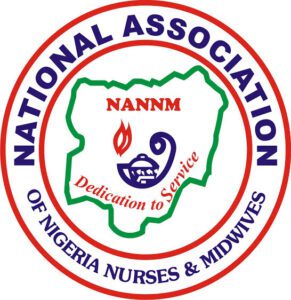
NAFDAC reviews tariffs to ease burdens on MSMEs
The National Agency for Food and Drug Administration and Control (NAFDAC) has reviewed the tariffs on its regulatory services to ease the burdens of Micro Small and Medium Enterprises (MSMEs).
In a statement on Sunday, the regulatory noted that this decision was taken after a meeting of the NAFDAC Council.
The agency said, “We have rolled out a new set of palliatives to help Micro Small and Medium Enterprises (MSMEs) survive the temporary economic fallouts of fuel subsidy removal and enhance the ease of doing business in Nigeria.
“To this end, the Agency has reviewed downward, the present administrative charges for late renewal of NAFDAC-regulated products to make the business environment more investment-friendly in a quick response to the realities of the time.
“This translates to a 65 percent decrease in processing fees for the renewal of registration for locally manufactured products (which will be N44,200) as against what is currently charged and 45 per cent of the processing fee for foreign products (which will be $ 450) as against what is currently charged,” the statement revealed.
The Director General, Prof Mojisola Adeyeye also disclosed that the Agency has also granted a 10 percent review of tariff structure for facility and inspection fees for Special Economic Zones (SEZs)
As businesses across the world confront the disruptions caused by the global economic meltdown, Prof Adeyeye noted that NAFDAC would continue to adopt and implement practical measures to ensure that the projected growth in the micro, small and medium enterprises (MSMEs) sector is not seriously affected by the development.
She further explained that the response of the Agency was not just “to give succour and assistance to existing MSMEs, but also ensure that there is practical and active fillip to new MSMEs so that the growth of this sector is not discouraged by the current economic trauma.
“This is our moment and NAFDAC as a regulatory agency is prepared to back MSMEs and other businesses that are prepared for the innovative and interesting times that lie ahead of us,” she added.
‘’We have no excuse not to be one of the most productive and prolific economies in the world. We hope to achieve this aim in the incredible numbers of MSMEs that we have,” she said, as she described NAFDAC palliatives for MSMEs as “a thoughtful and strategic response to the realities of the present time.”
“These are all indicators of the new spirit of NAFDAC and foretaste of the support MSMEs stand to enjoy in wading through these trying times. But this is not a new undertaking for us. It is merely an extension or intensification of the Federal Government’s long-standing commitment to MSMEs,” she said.



